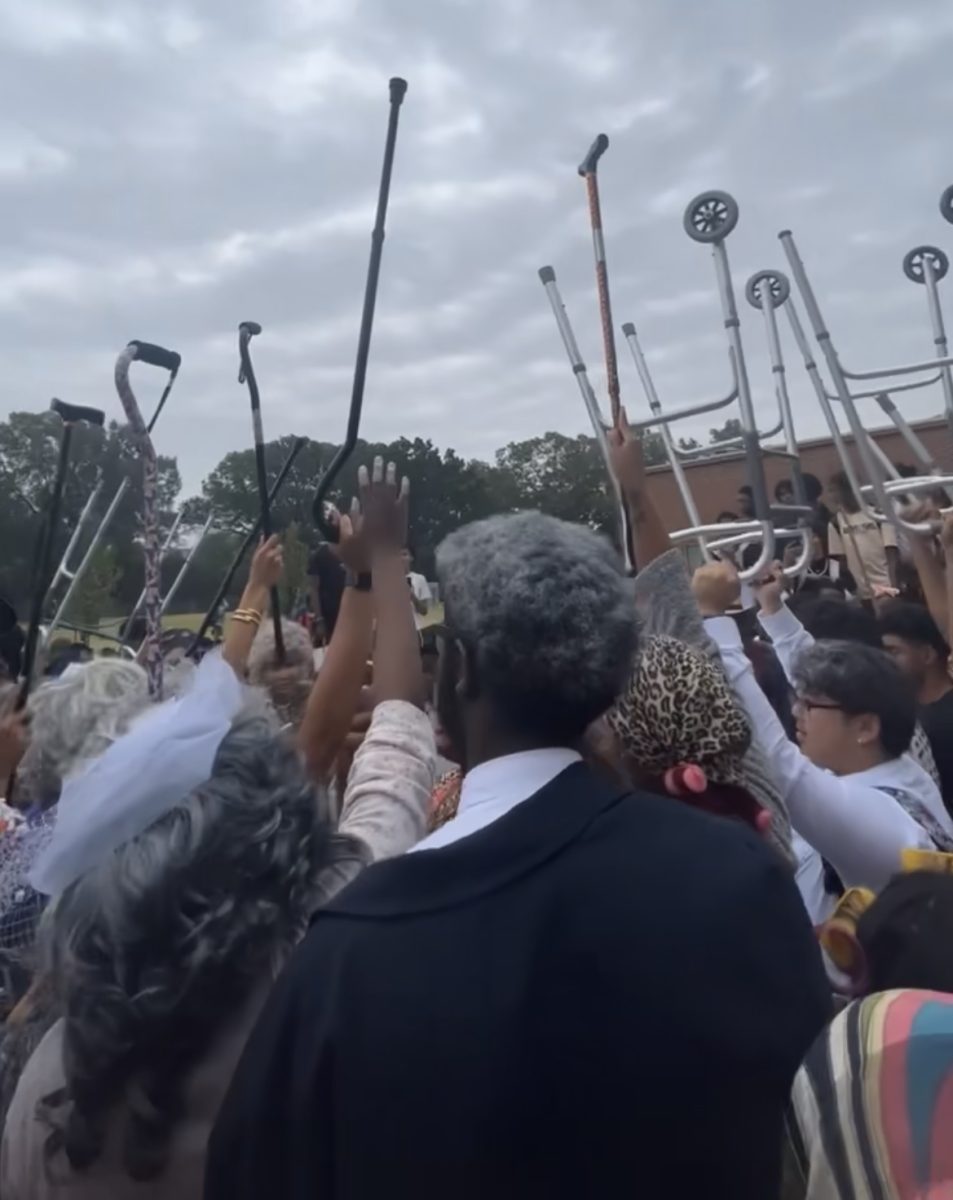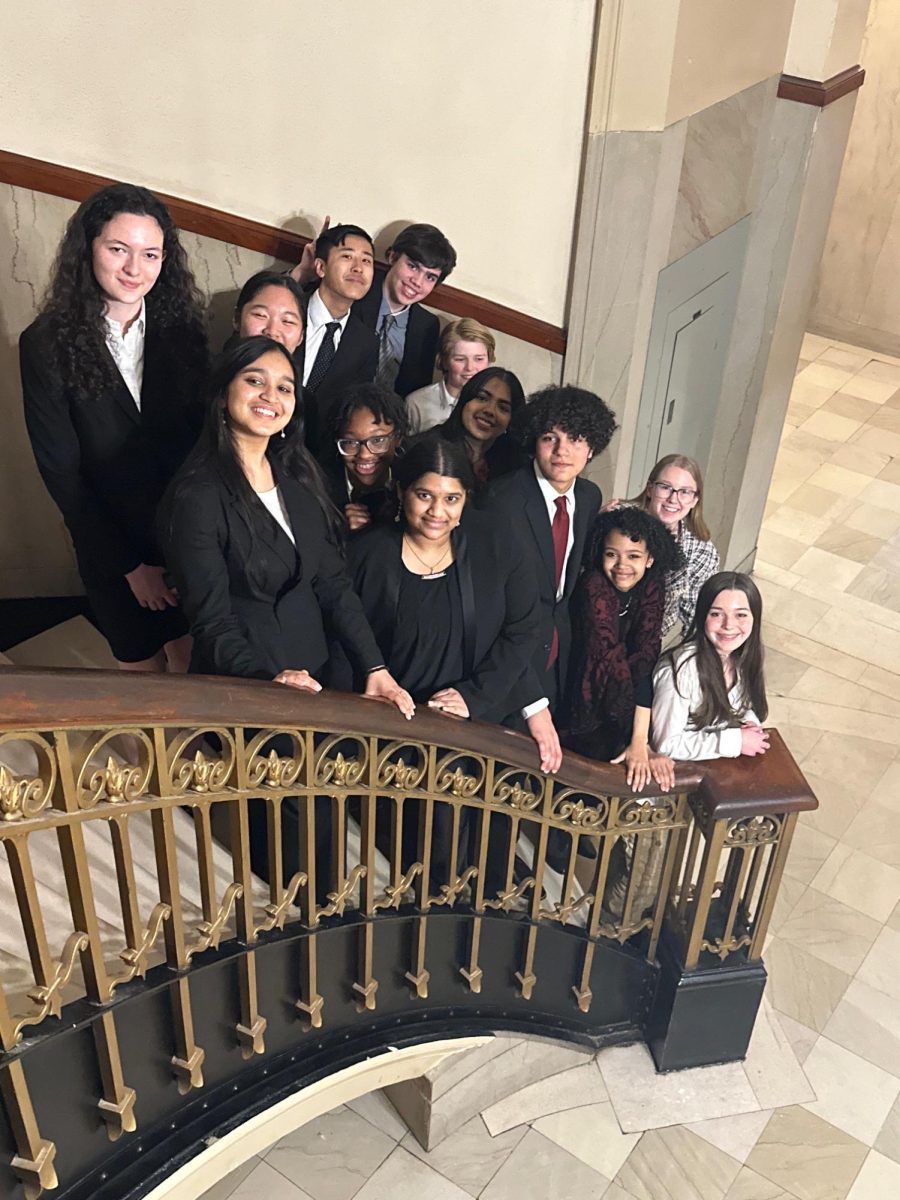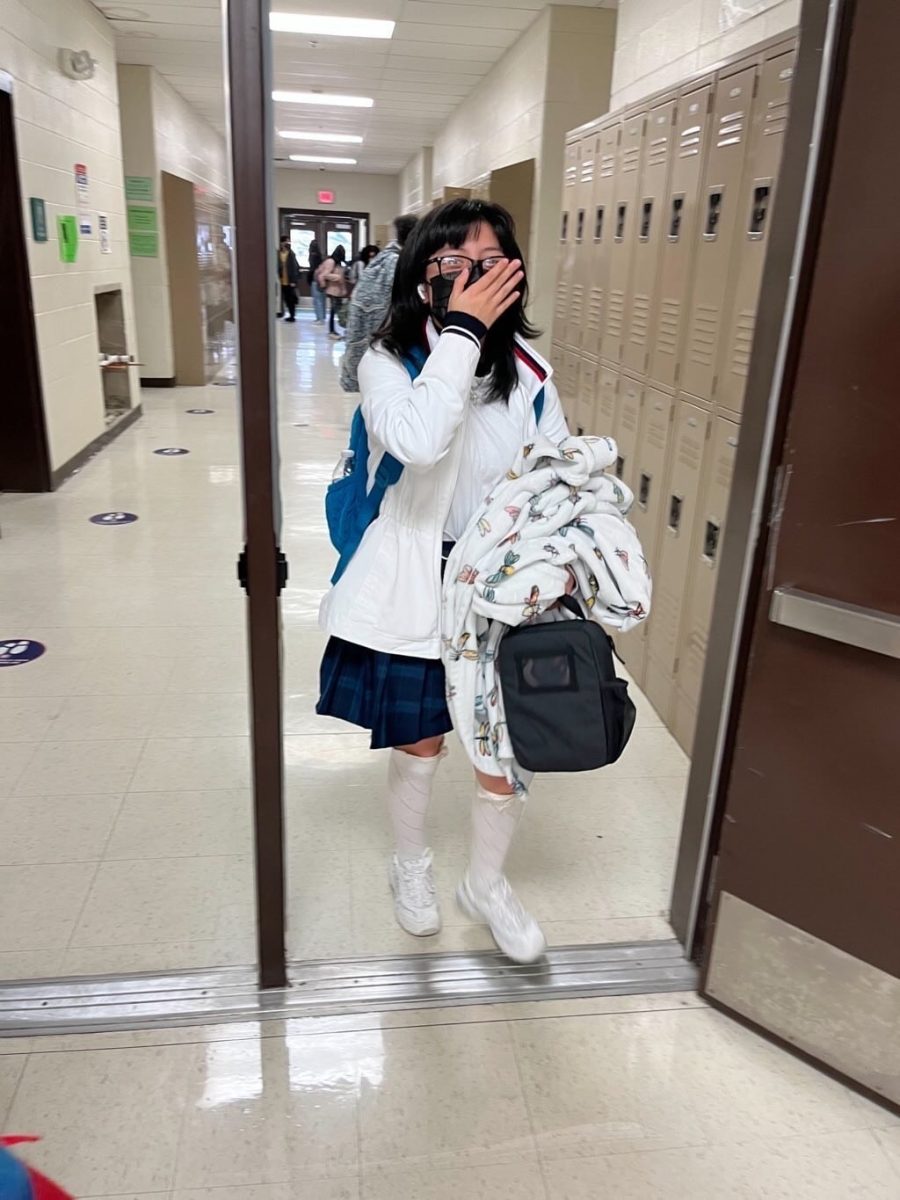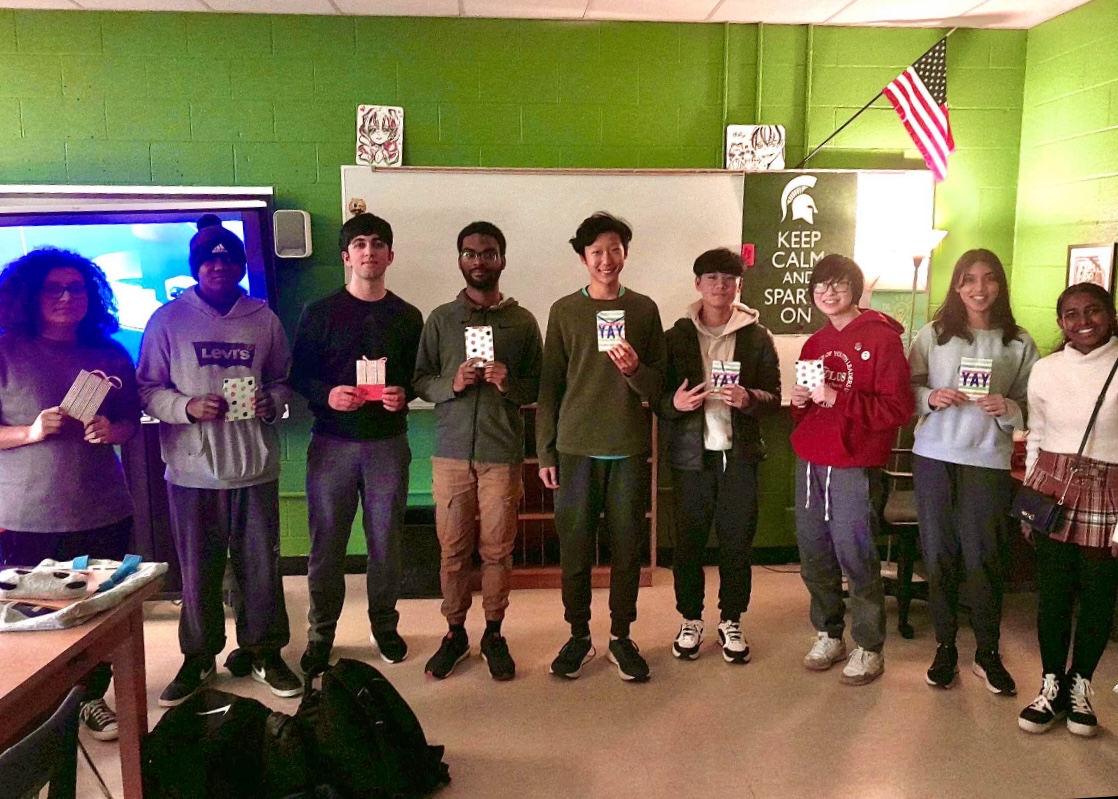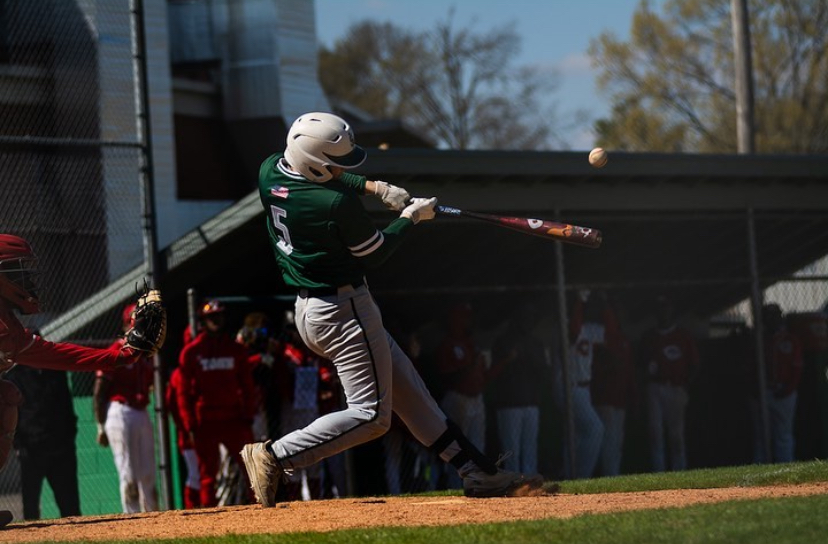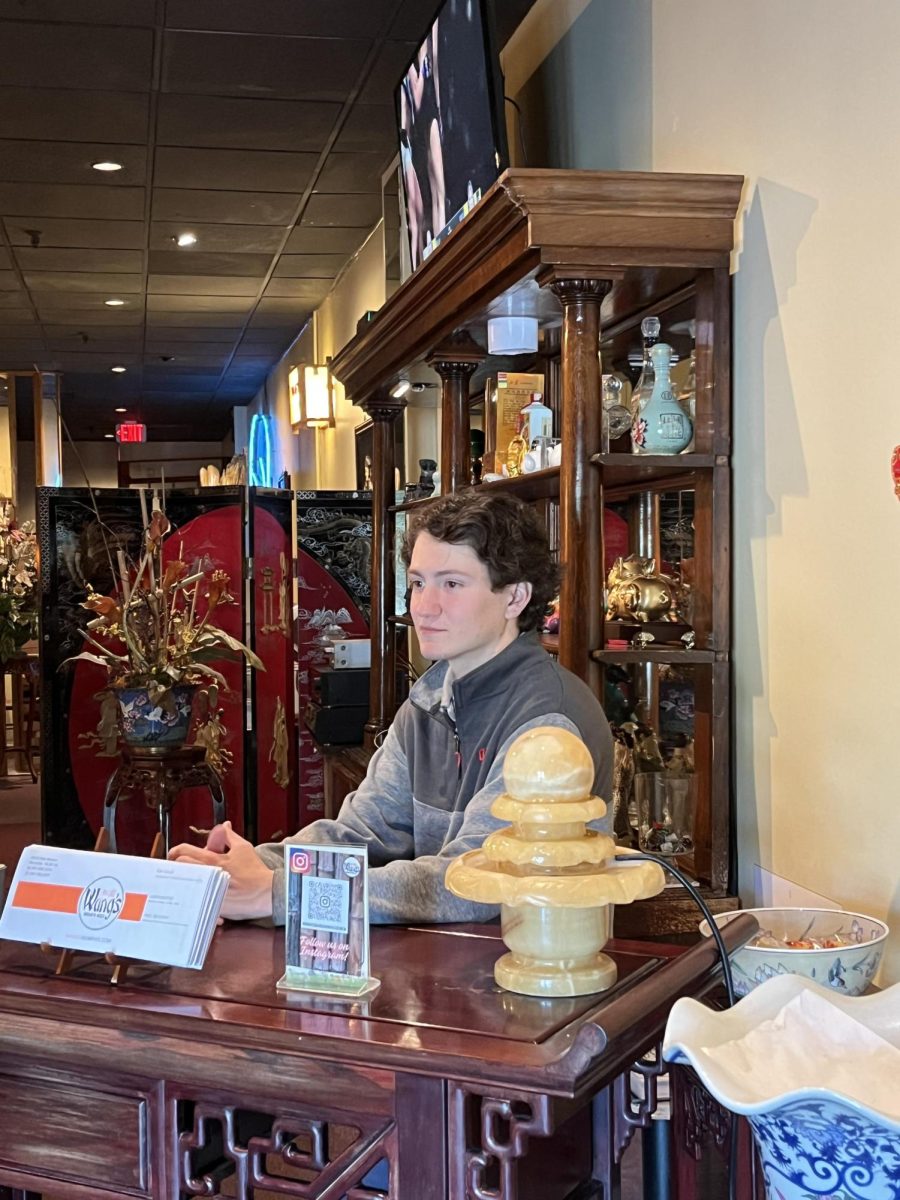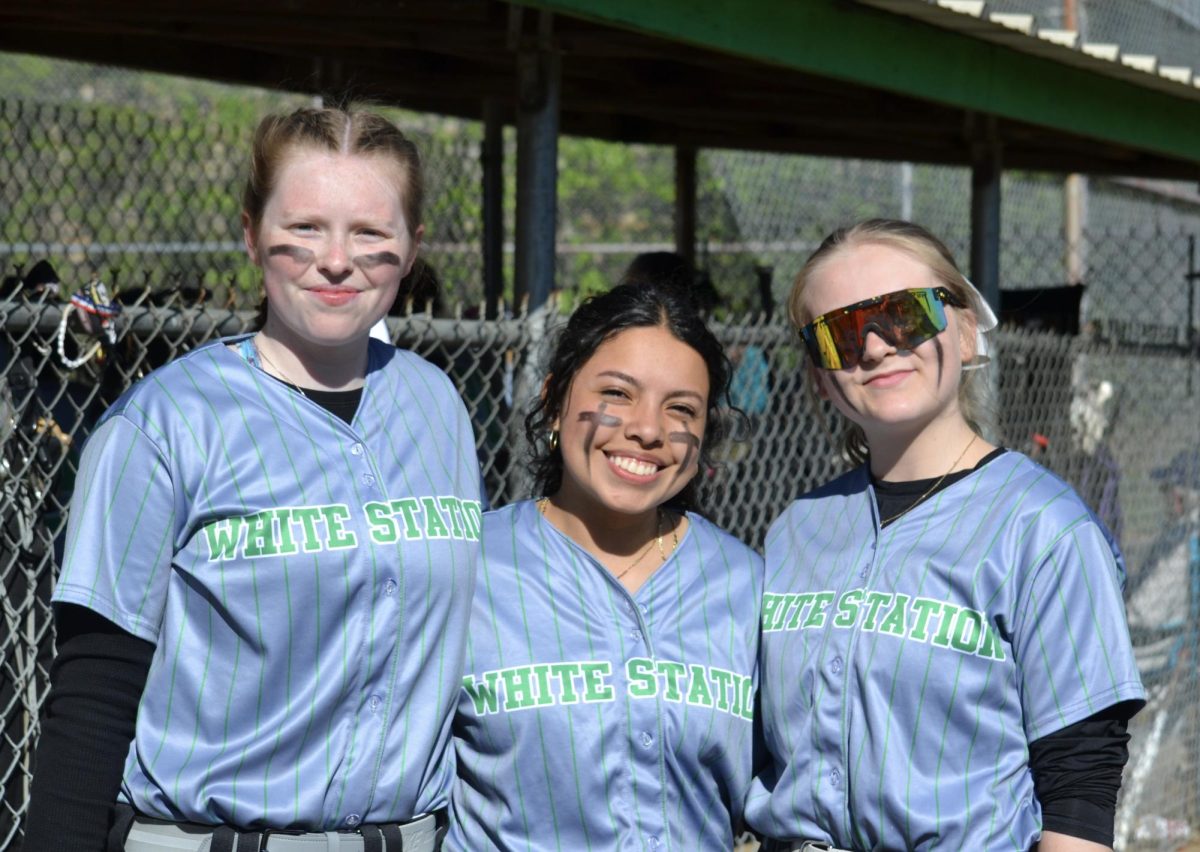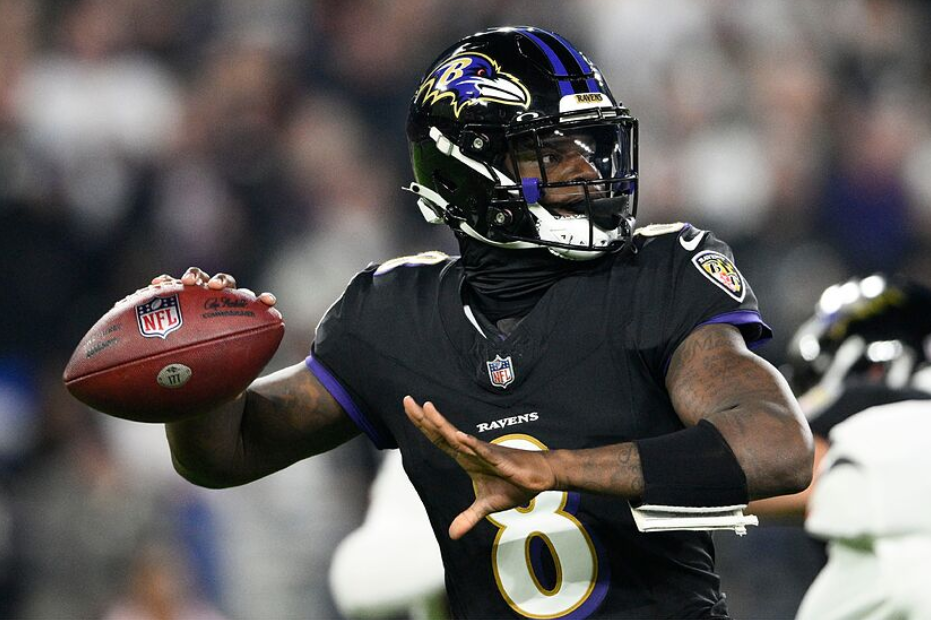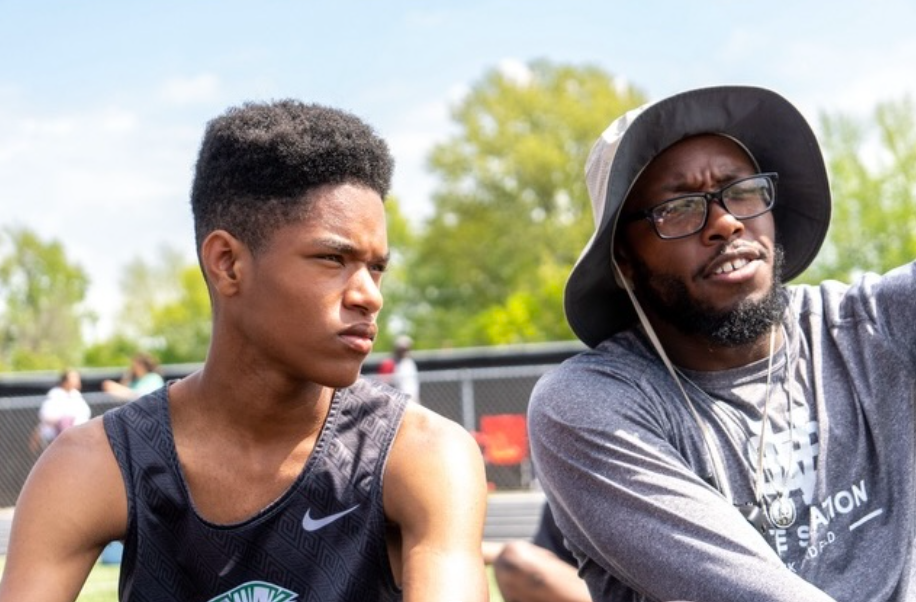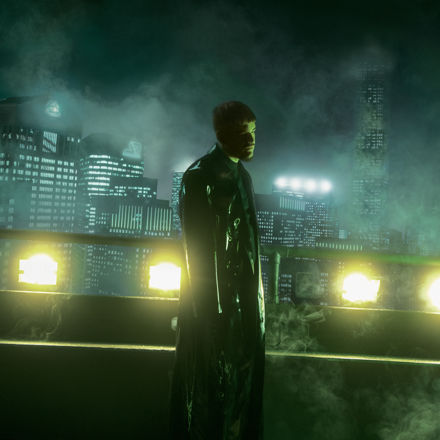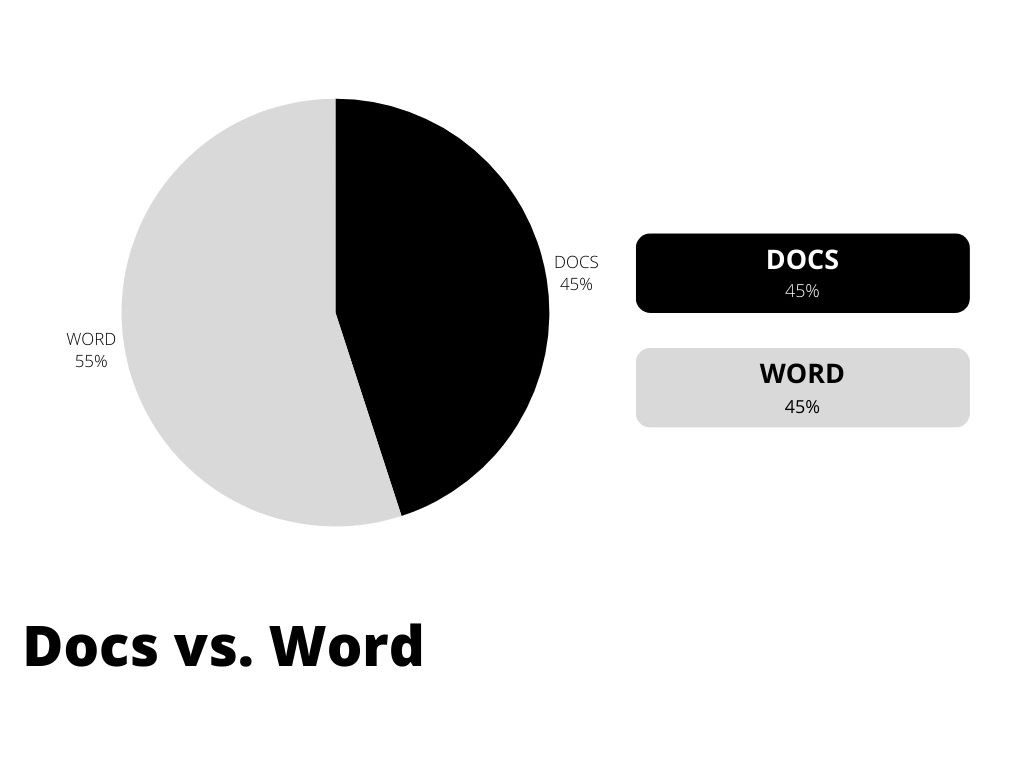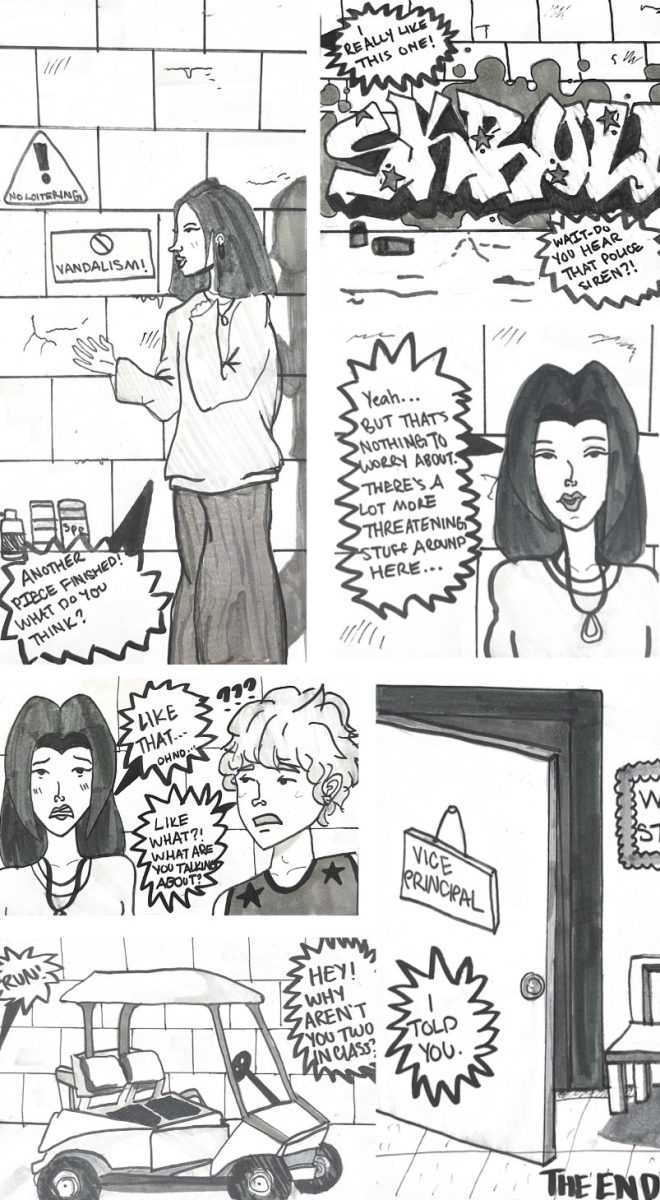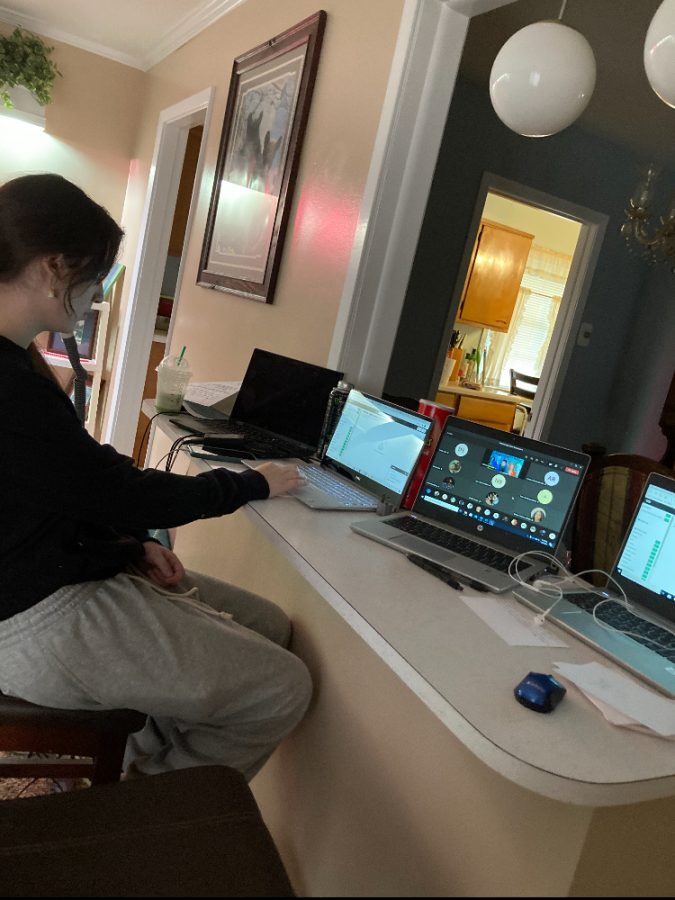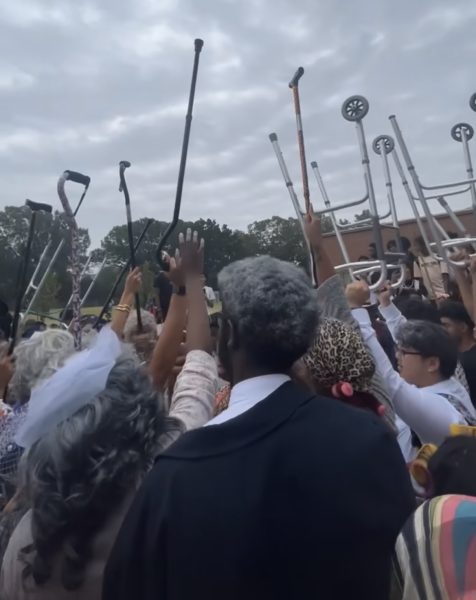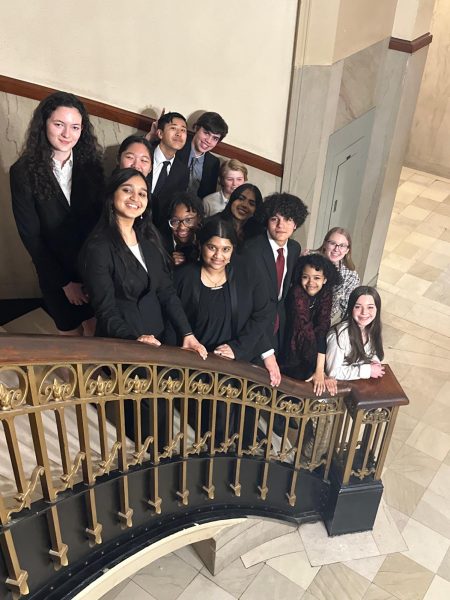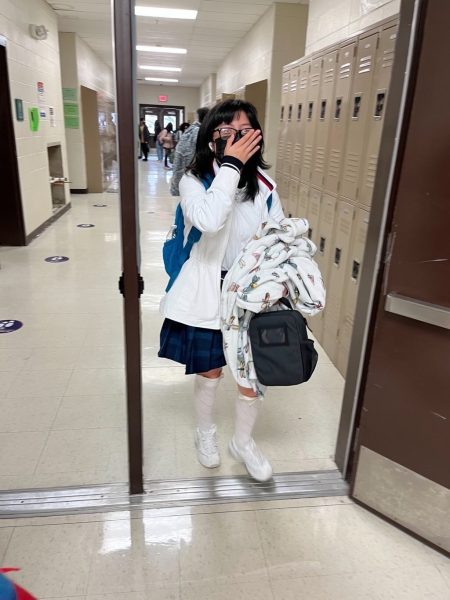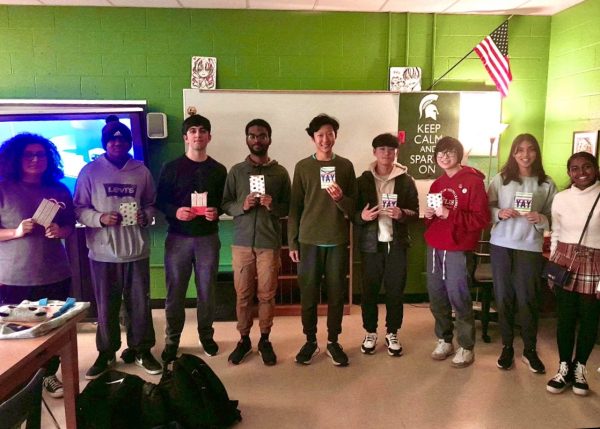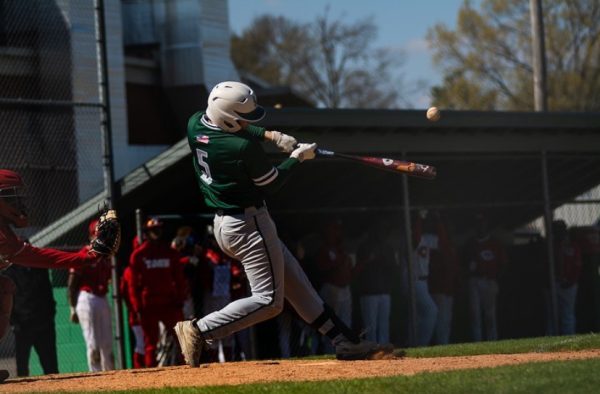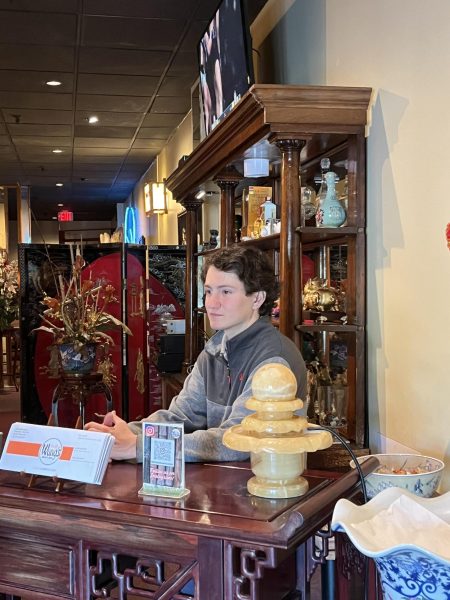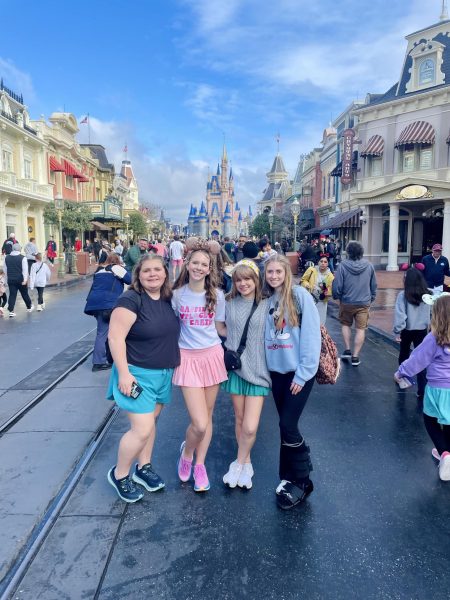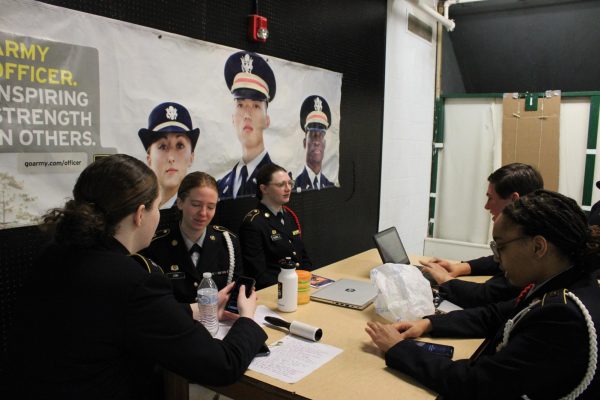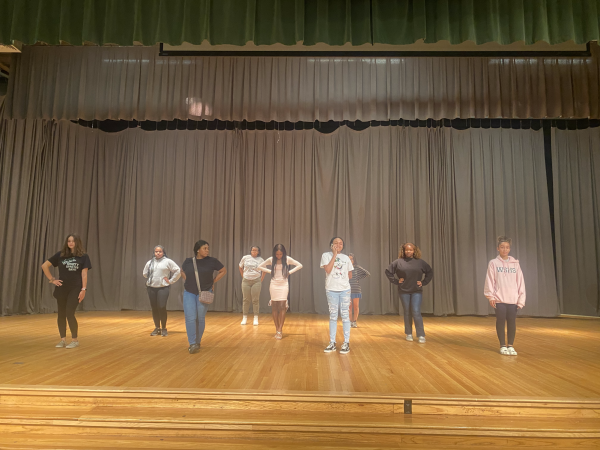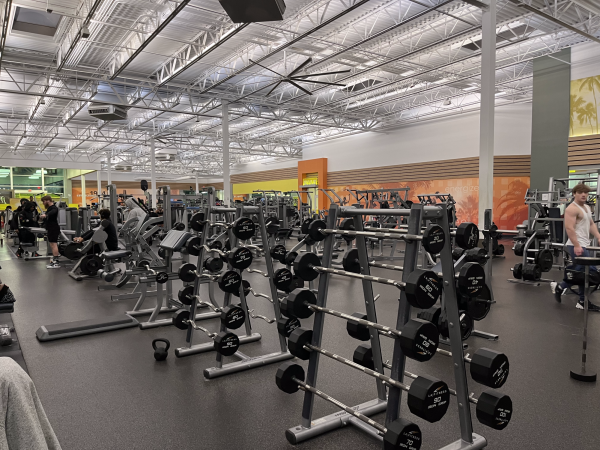Debate team finds success despite COVID-19
Maggie Dearmore (12) and debate partner Hope McClew (11) prepare for a virtual debate tournament. This was their first tournament of the season.
Most students find debating important issues challenging, even under the best conditions. However, despite Covid restrictions, the White Station debate team successfully participated in their first tournament of the year on Saturday, Jan. 23.
The overarching topic given to them in July was criminal justice, though this tournament was their first chance to actually debate it. The two plans, or smaller topics being debated at the tournament, were money bail and facial recognition — more specifically, whether or not to abolish them.
To prepare for the debate, students were given files containing relevant information and possible arguments on both sides of the chosen topic. Unfortunately, due to COVID-19, team members were not given their files until the beginning of January and had to start getting ready much later than they usually would.
“We started our season late, so we had less preparation time,” Maggie Dearmore (12) said. “We usually have our first debate in September, but we had our first in January. Now, we still have the same number of debates, and our season is ending at the same time, so we have a more compact season.”
The adaptation to meeting via Zoom has been difficult, especially with new members who may be less willing to participate in a virtual setting. It’s also less fun to discuss topics in such an impersonal environment.
“There isn’t as much in-person connection as you would get in a normal meeting,” Abhi Lingareddy (11) said. “And when you’re discussing these personal topics, you can connect more with the people in the room. You can connect more with your judges when you’re speaking to them in-person.”
The tournament structure itself was also impacted. Ordinarily, there are three rounds of debate: during the first two rounds, teams made up of two people are randomly assigned a stance and an opponent, and during the third round, teams debate with someone of an equal record. Because of COVID-19, the tournament was unable to function as it typically would, as participants could not meet face-to-face.
“It was so inefficient, and the rounds were so long,” Lingareddy said. “There were also a lot of technical difficulties, and we ended up playing only two rounds, but we had to stay two hours longer than we usually would even though there were only two rounds.”
Despite COVID-19 restrictions and complications, the debate was still successful with the teams taking top spot for junior varsity and the top four spots for varsity. Students were also excited to be able to debate at all, especially after such a long hiatus.
“Debating is really fun for me, so getting an opportunity to debate was probably my favorite part of the tournament,” Lingareddy said. “And I hadn’t debated in over a year before this tournament, so I was really happy that even though it was online, we had a chance to debate.”
Your donation will support the student journalists of White Station High School. Your contribution will allow us to purchase equipment and cover our annual website hosting costs.
